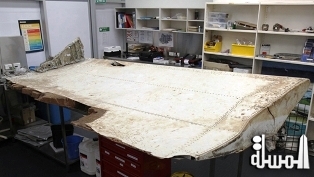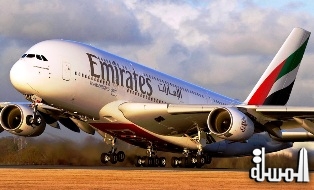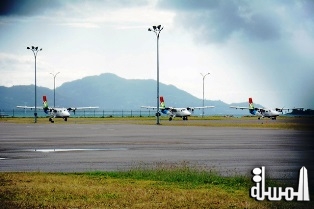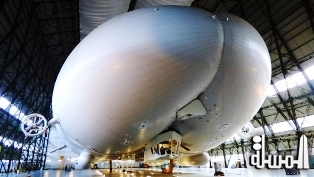
New air vehicle suffers second-flight mishap
aTP- Arab tourism portal News – The Airlander 10 hybrid air vehicle (HAV), an airship-like platform that its manufacturers hope will have passenger and cargo roles, has been damaged in a heavy landing on its second test flight in the UK.
The UK Air Accidents Investigation Branch said it was launching an enquiry into the incident, which happened at about 11 a.m. local time at the vehicle’s home base, RAF Cardington, north of London.
Photographs and video taken from outside the airfield perimeter showed the Airlander 10, which first flew Aug. 17, apparently in a steep nose-down attitude as it prepared to land. Further photographs showed the flight deck, which is in a gondola-like structure under the vehicle, seemingly badly damaged.
In a brief initial statement the manufacturer―also called Hybrid Air Vehicles―said: “We’re debriefing following the second test flight … All crew are safe and well, and there are no injuries.”
Airlander 10, which is larger than a Boeing 747, originated in a US Army program for a Long Endurance, Multi-Intelligence Vehicle (LEMV), which was intended to provide a persistent surveillance presence over areas such as Afghanistan.
The LEMV project was terminated in early 2013 as part of US budget sequestration cuts. HAV bought back the vehicle for just over $300,000 after the US had spent some $150 million on the project.
Unlike earlier airships, the Airlander’s shape effectively makes it a flying wing, with roughly 40% of its lift derived from the vehicle’s aerodynamics, and another 40% coming from the lighter-than-air helium with which it is filled. Propulsion is by four 4.0-liter Mercedes-Benz V-8 engines, each generating 350 hp, which drive four propulsors and give a speed of around 100 mph (160 kph).
The pilot sits at the front of the under-vehicle cabin, with the passenger area (or payload bay, when the aircraft is being used for military purposes or as a freighter) behind the pilot.
The craft’s manufacturer hopes it will find a niche in carrying passengers and freight to remote regions with little or no airport infrastructure. The Airlander 10 has a payload of 10 metric tons (22,000 lb.) or space for up to 48 passengers.
The Airlander 10 has a rival in the US-built Lockheed Martin P-791, which has recently won its first order.
The UK-built Airlander’s first flight Aug. 17 saw it flying for 19-min. within a 5 nm area around Cardington, with two test pilots on board. The craft climbed to 500 ft. and reached a maximum speed of 35kt.
HAV has plans for a larger AL50 version, with a payload of up to six standard intermodal shipping containers, which will rapidly follow the initial aircraft model. The company is targeting a 2018 certification date for the Airlander 10.
http://atwonline.com/airframes/new-air-vehicle-suffers-second-flight-mishap




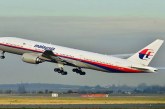
.jpg)
